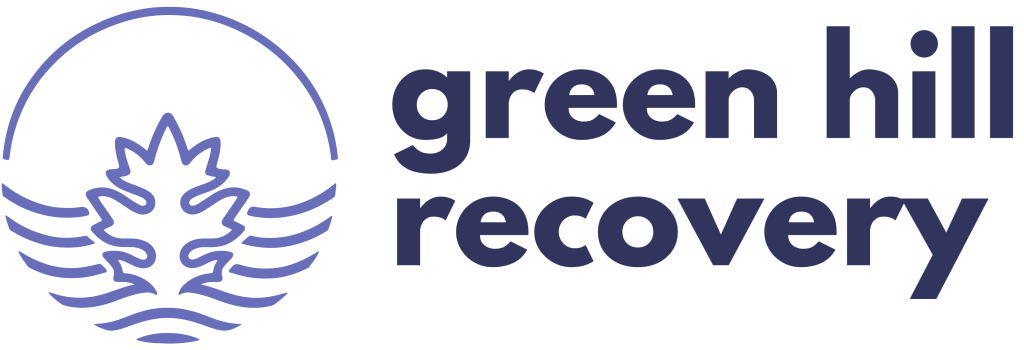Addiction Medicine
When You’re Ready, We’re Here to Help
New Patient Form
Addiction is a long-term health condition shaped by biology, life experiences, and environment. It often shows up as strong cravings and a loss of control over substance use, even when it causes problems in daily life. Over time, the body can build tolerance and dependence, making it hard to stop without facing withdrawals or other health risks.
Addiction medicine helps with these challenges by providing safe ways to manage cravings, withdrawals, and related health concerns. By addressing the biological side of addiction, it makes it easier to focus on recovery and rebuilding your life.


What Is Addiction Medicine?
Addiction medicine is a medical specialty focused on treating the physical symptoms and health challenges caused by ongoing alcohol and drug use.
Addiction often involves cycles of strong cravings and uncontrolled substance use, even when someone tries to stop or cut back. These cravings can take over a person’s thoughts and make it hard to focus on anything other than using.
Through addiction medicine, providers can use anti-craving medications and other treatments such as those for anxiety or related mental health concerns to reduce distress and make recovery more manageable.
Common Medications Used in Addiction Medicine
Common Medications for Addiction Include:
- Buprenorphine (Suboxone, Subutex): Helps reduce cravings and withdrawal in opioid use disorder.
- Methadone: Used to manage opioid dependence and stabilize withdrawal symptoms.
- Naltrexone (Vivitrol): Blocks the effects of opioids and reduces cravings for alcohol.
- Acamprosate (Campral): Helps reduce alcohol cravings.
- Disulfiram (Antabuse): Creates sensitivity to alcohol, discouraging drinking.
- SSRIs and other antidepressants: Treat co-occurring depression or anxiety that can fuel substance use.
- Trazodone and other sleep medications: Used to help restore normal sleep patterns to help with better mental health.
Addiction Medicine in PHP and IOP
Early recovery is often the hardest stage, when cravings, withdrawals, and unstable moods can make it difficult to stay on track. This is why addiction medicine is built directly into our Partial Hospitalization Program (PHP) and Intensive Outpatient Program (IOP). By combining medical support with therapy and structured care, we help people stabilize both physically and emotionally.
In our PHP and IOP, addiction medicine providers work side by side with therapists, family therapists, and recovery coaches. This team approach makes it easier to address both substance use and mental health at the same time, breaking the cycle where each issue makes the other worse.
How Addiction Medicine Supports PHP and IOP:
- Managing cravings and withdrawal: Medications help reduce the physical pull of substances so you can focus on recovery.
- Stabilizing mental health: Treatment for anxiety, depression, or mood symptoms that often appear in early recovery.
- Integrated care team: Psychiatrists, therapists, and coaches coordinate to create a consistent treatment plan.
- Real-time support: Ongoing monitoring ensures medications and supports are adjusted as your needs change.
